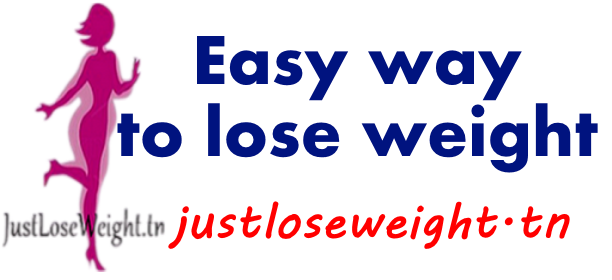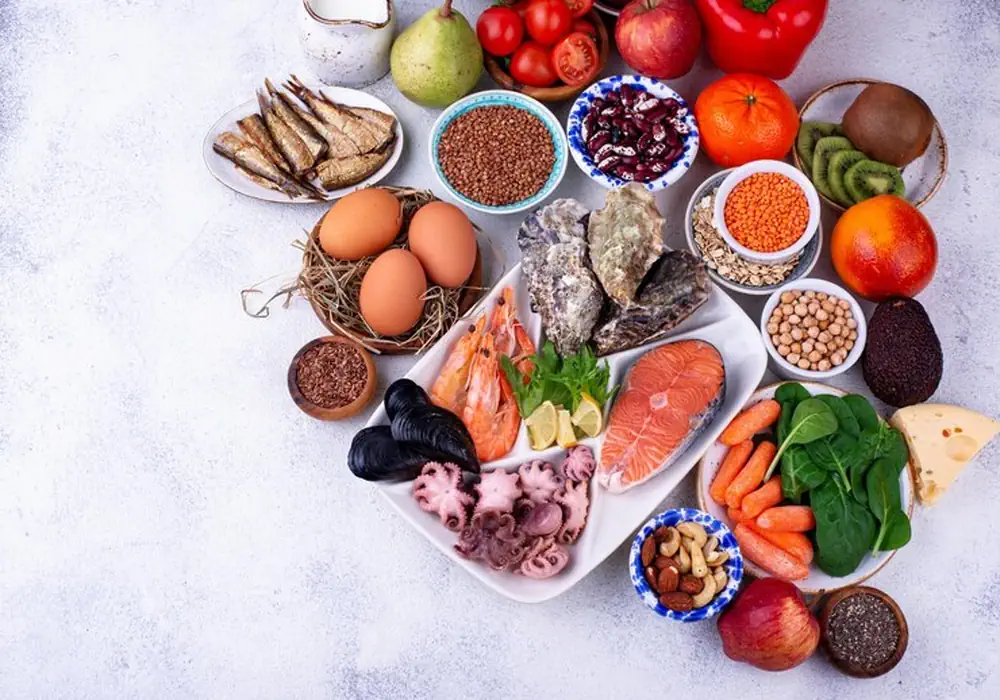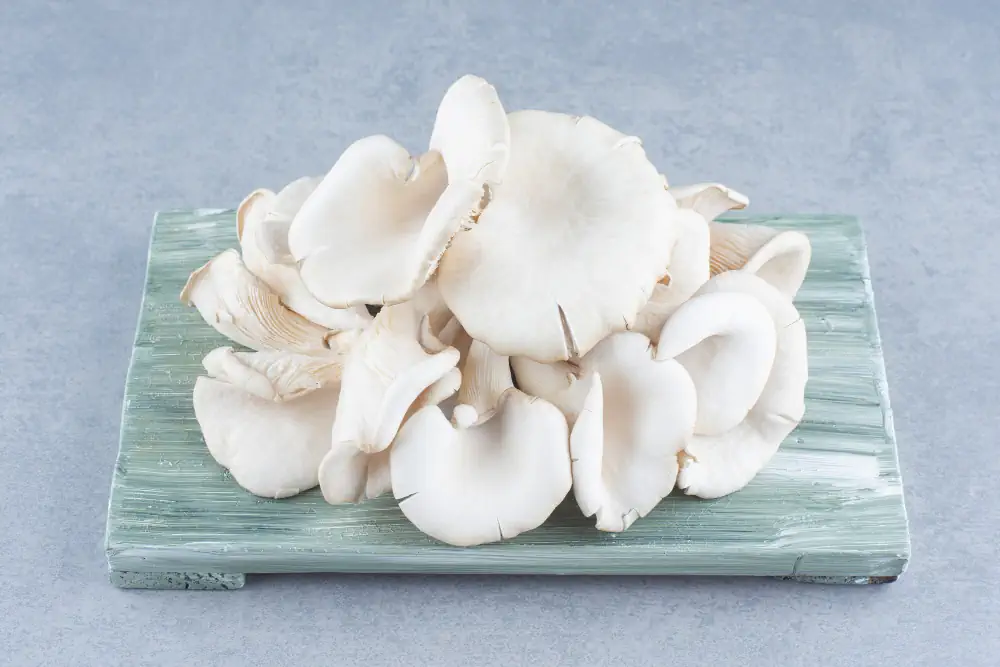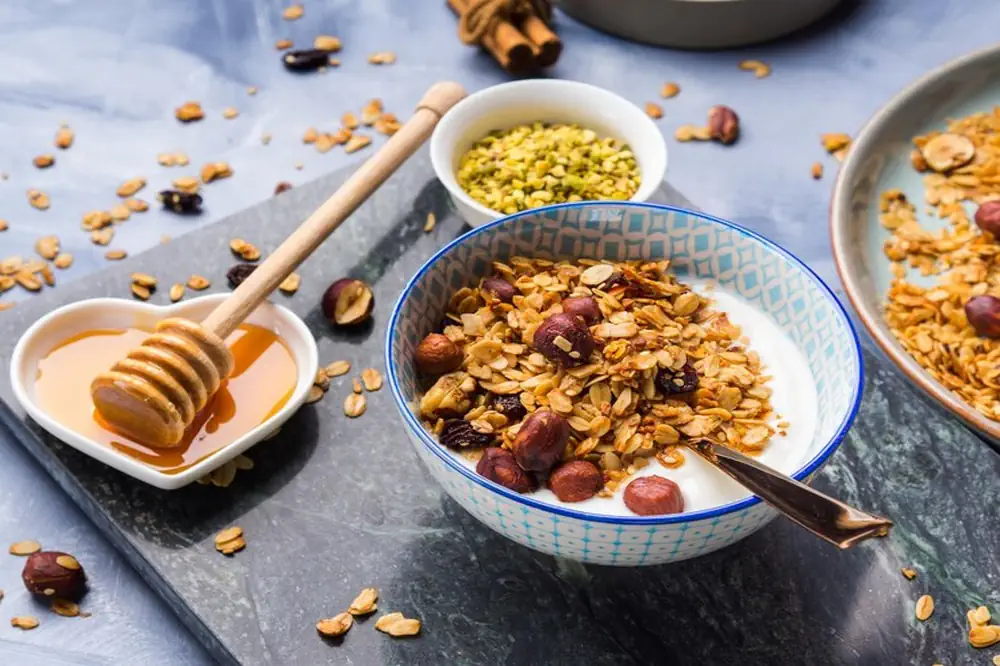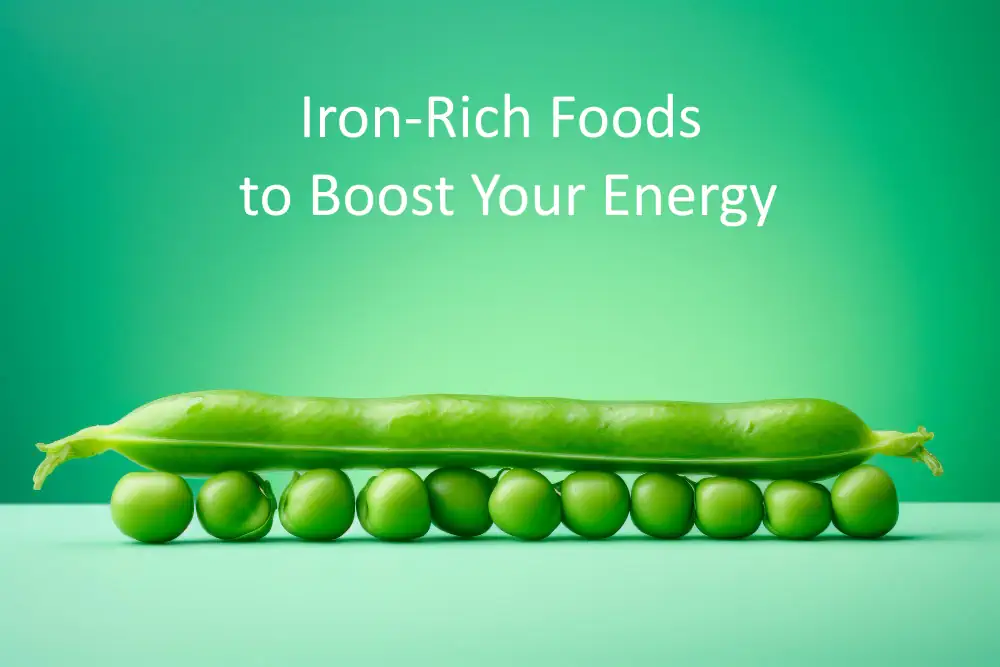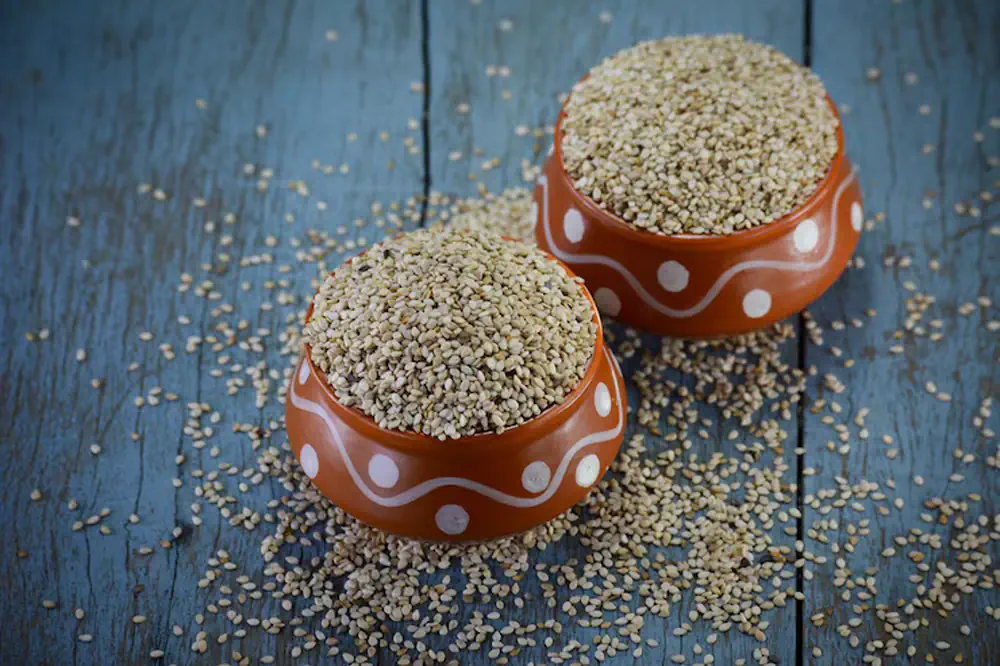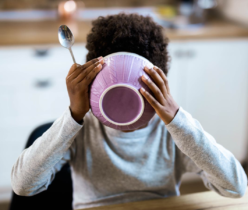Iron Foods: Iron deficiency might not be on your radar, but it’s more common than you’d expect, and it’s a mineral you don’t want to skimp on.
Let’s explore why iron is essential for your health and discover some fantastic foods to help you meet your daily iron requirements.
Understanding Iron Deficiency
Surprisingly, iron deficiency affects up to 30% of women and children in the United States. But why is iron so crucial for your body?
The primary role of iron revolves around red blood cells. These cells transport oxygen from your lungs to every corner of your body, ensuring that your organs and tissues get the oxygen they need to function correctly.
When iron levels drop, your red blood cells struggle to do their job, leading to symptoms like fatigue, dizziness, and unusual cravings (ever felt the urge to chew ice or starch?). Therefore, getting the right amount of iron daily is essential.
Animal Sources: Eggs, Red Meat, Liver, and Giblets
Now that we understand iron’s importance let’s dive into some foods that can help you meet your iron needs. First, we have animal sources like eggs, red meat, liver, and giblets.
These are excellent choices because they contain heme iron, which your body readily absorbs. For instance, a four-ounce serving of lean ground meat provides you with 2.6 milligrams of iron, making it a reliable source.
Eggs are no slouch either, offering 1.7 milligrams of iron in just two large eggs. So, if you want to boost your iron intake, consider adding these delicious options to your meals.
Seafood Delights: Oysters, Mussels, and Clams
For seafood enthusiasts, here’s some good news – oysters, mussels, and clams are not only delectable but also packed with iron. Just six raw oysters deliver a whopping 4.9 milligrams of iron, making them an excellent source.
But that’s not all; they’re also rich in zinc (31.8 milligrams) and vitamin B12 (13.6 micrograms), both crucial for your immune system and overall health. So, don’t hesitate to indulge in these oceanic delights to up your iron game.
Vegetarian-Friendly Option: Chickpeas
If you lean towards a plant-based diet, fret not; there are plenty of options to meet your iron needs. Those tiny legumes and chickpeas offer 1.5 milligrams of iron per cup.
But that’s not all – they’re also a fantastic source of plant-based protein, boasting 10.7 grams per cup. You can easily incorporate chickpeas into your diet by adding them to salads and pasta dishes or blending them into homemade hummus.
To enhance iron absorption, squeeze some lemon juice over your chickpea creations, as vitamin C aids in absorbing non-heme iron more efficiently.
Start Your Day Right: Fortified Breakfast Cereals
If you’re a cereal lover, here’s a breakfast option to consider – fortified cereals. These cereals are fortified with iron to give your day a healthy kickstart. Just check the nutrition label to see how much iron each serving provides.
Raisin bran, for example, offers a generous 10.8 milligrams of iron per cup, making it an excellent source. Additionally, fortified cereals often boast high dietary fiber content, aiding digestion and reducing your risk of diabetes and heart disease. So, swap your regular cereal for a fortified version to boost your iron intake.
Small But Mighty: Pumpkin Seeds
Pumpkin seeds may be tiny, but they pack a punch in terms of iron content. One ounce of raw pumpkin seeds without shells provides 2.4 milligrams of iron, making them a good source.
These versatile seeds can be added to trail mix, used as crunchy toppings for various dishes, or enjoyed as a healthy snack. Plus, they’re rich in protein, with 1 ounce offering 8.5 grams. So, when it comes to a quick and nutritious snack, pumpkin seeds are a win-win choice.
Green Goodness: Edamame
Edamame, those vibrant young soybeans often found as a sushi side dish, are brimming with iron. A cup of raw edamame offers approximately 9.1 milligrams of iron, making it an excellent source of this essential nutrient.
Edamame is also a good source of minerals like copper, which supports your blood vessels and immune system. You can incorporate these little green powerhouses into stir-fries, dips, and pasta dishes or simply enjoy them with a sprinkle of sea salt.
No matter how you prepare them, edamame can be a delicious addition to your iron-rich diet.
Enhancing Iron Absorption: Black Beans and Vitamin C-Rich Veggies
Black beans are fantastic regarding iron content, offering 3.6 milligrams per cup. Pair them with vitamin C-rich foods like kale, bell peppers, broccoli, or cauliflower to enhance iron absorption.
Vitamin C plays a vital role in increasing the absorption of non-heme iron, making your iron intake even more effective. You can add black beans to salads, dips, stir-fries, and various other dishes, making them a versatile and nutritious choice for meeting your iron needs.
Versatile Legumes: Lentils
Another stellar plant-based source of iron is lentils. One cup of cooked lentils provides an excellent source of iron, with approximately 6.6 milligrams. Besides being iron-rich, lentils are fiber champions, offering a whopping 15.6 grams of fiber per cup.
This high fiber content can help lower cholesterol levels and stabilize blood sugar, promoting better overall health. You can incorporate lentils into various dishes, from soups and salads to burgers and chili, making them a versatile and nutritious addition to your diet.
Leafy Green Marvel: Spinach
Spinach is a versatile and nutritious vegetable that is an excellent iron source. Whether you prefer it cooked or raw, spinach delivers a substantial amount of iron. One cup of frozen, boiled spinach contains 3.7 milligrams of iron, protein, fiber, calcium, and vitamins A and E.
Calcium is essential for strong bones. In contrast, vitamin A supports vision and immunity, and vitamin E contributes to various bodily functions. Spinach can be easily incorporated into your recipes, especially with vitamin C-rich foods, for enhanced iron absorption.
So, whether tossing it into a salad or blending it into a smoothie, spinach is a leafy green marvel worth including in your iron-rich diet.
Nutty Flavor and Iron Boost: Sesame Seeds
Lastly, sesame seeds bring a delightful nutty taste while boosting iron. A tablespoon of sesame seeds offers 1.3 milligrams of iron and essential nutrients like copper, phosphorus, vitamin E, and zinc.
These tiny seeds can be sprinkled on salads, added to bread, muffins, yogurt, and cereal, or used as a topping for salads to increase your daily iron intake. Remember, every bit counts when aiming for a daily iron intake of 18 milligrams.
Conclusion
Iron is a vital nutrient for overall health, and it’s crucial to ensure you get an adequate amount in your diet. Whether you prefer animal sources or follow a vegetarian lifestyle, numerous delicious options are available to help you meet your daily iron needs.
So, start incorporating these nutrient-rich foods into your meals to boost your iron intake and support your well-being.
